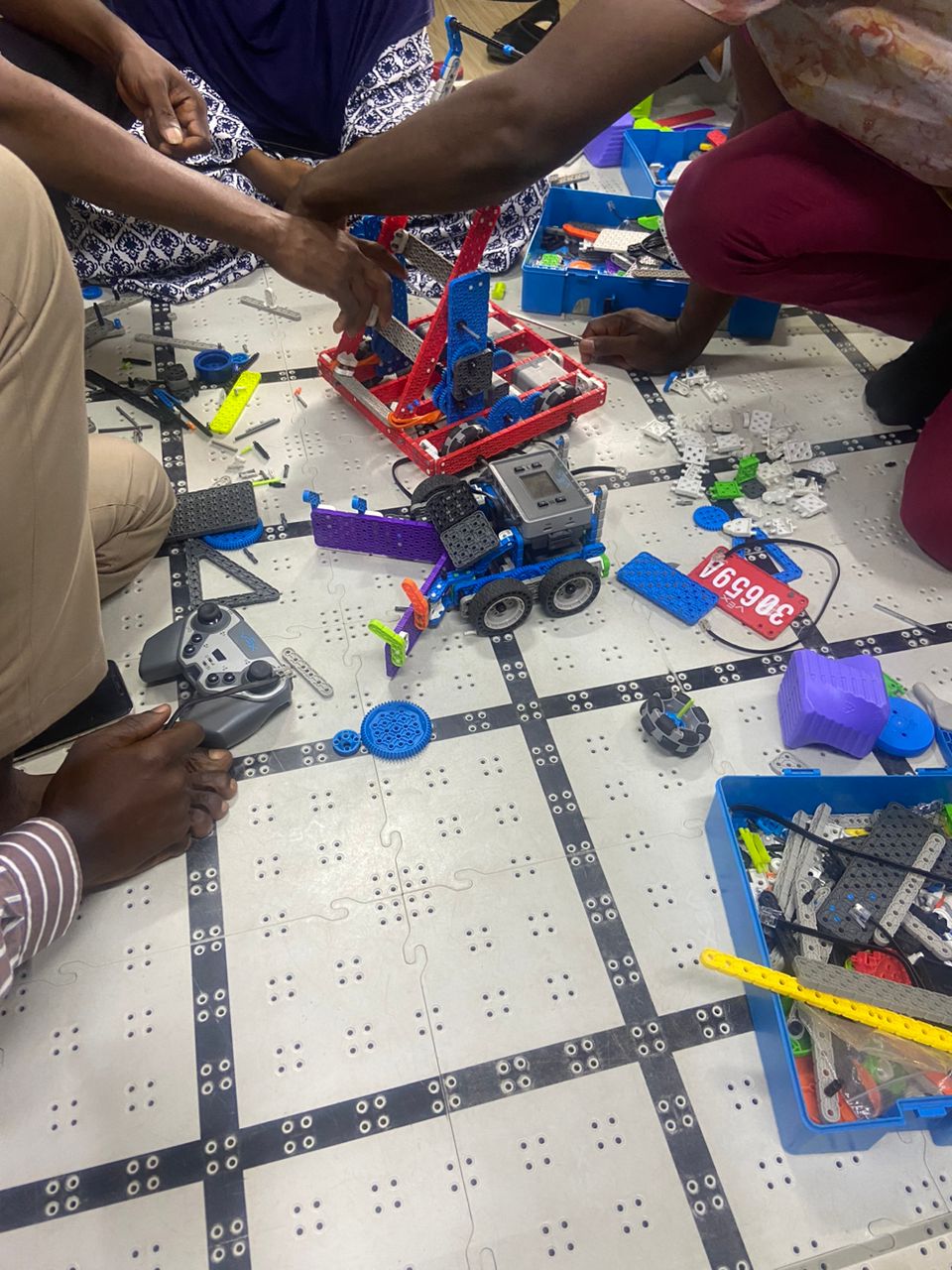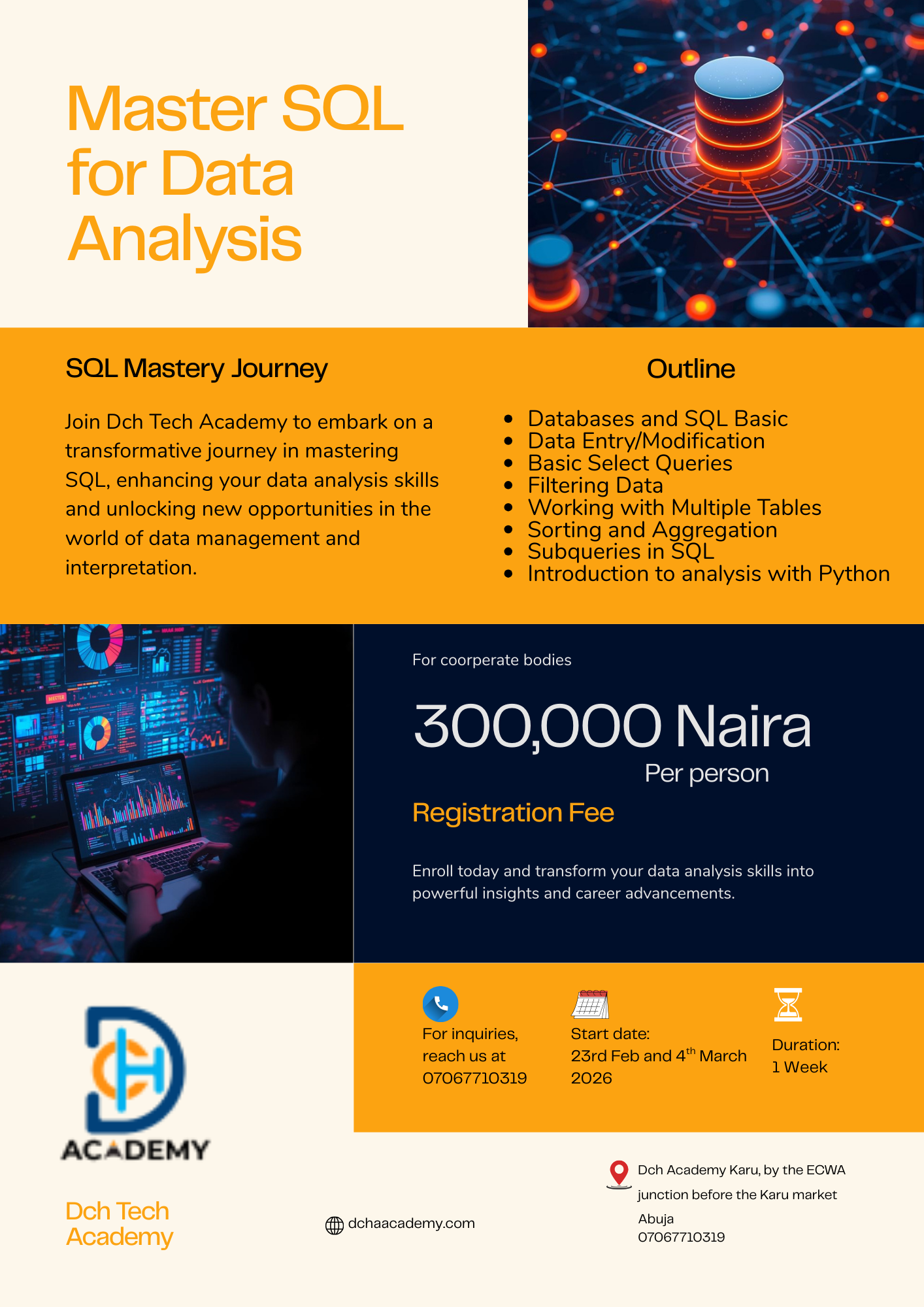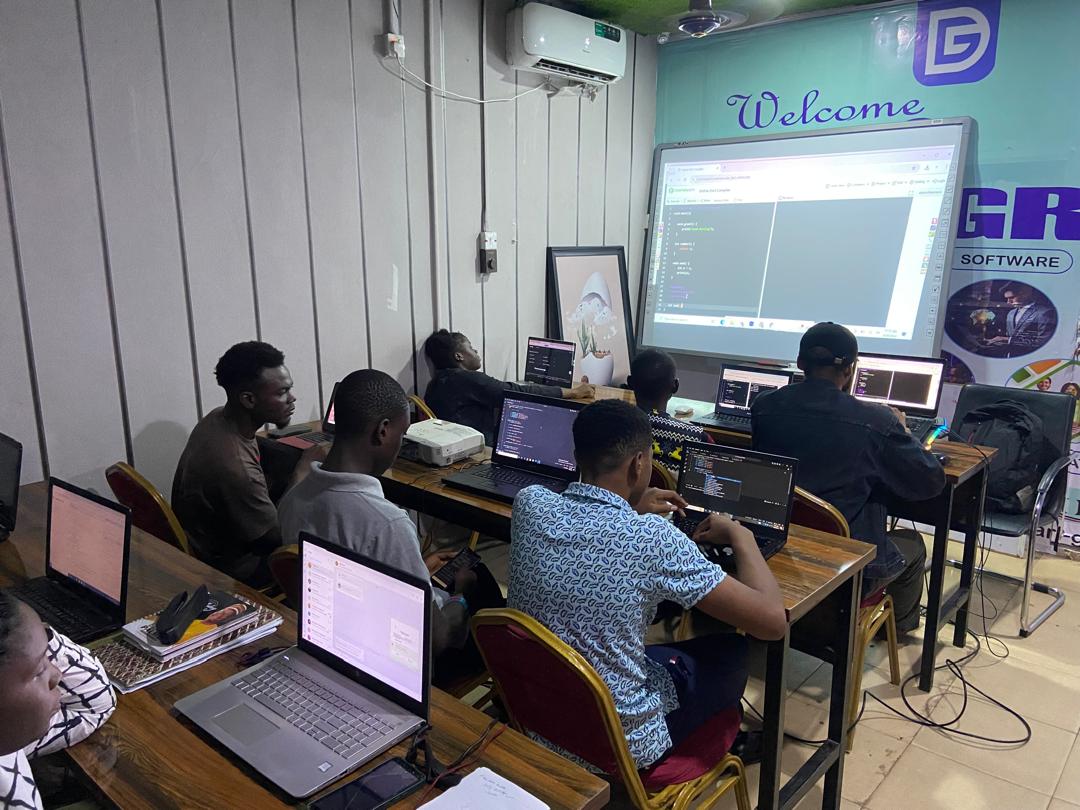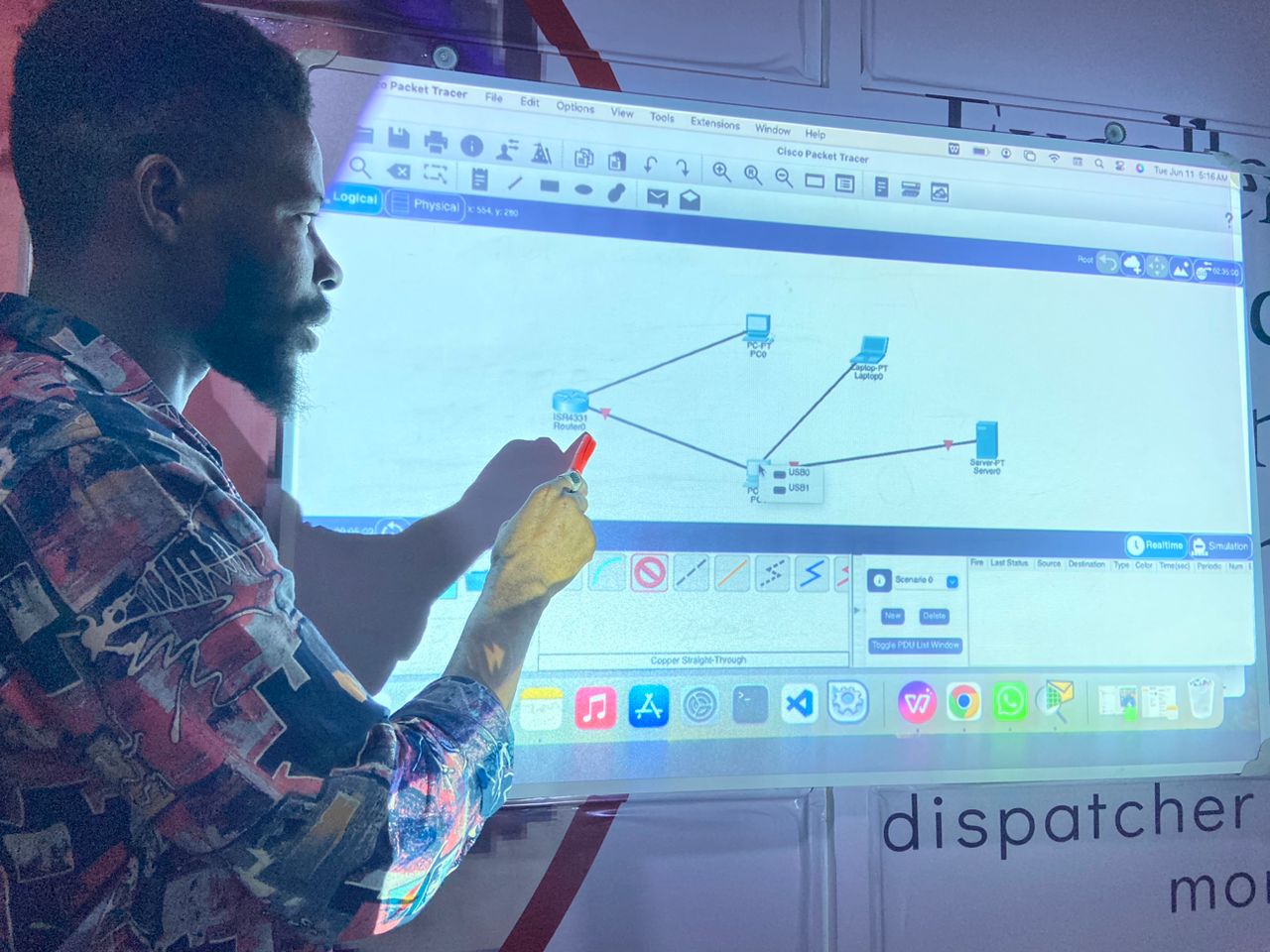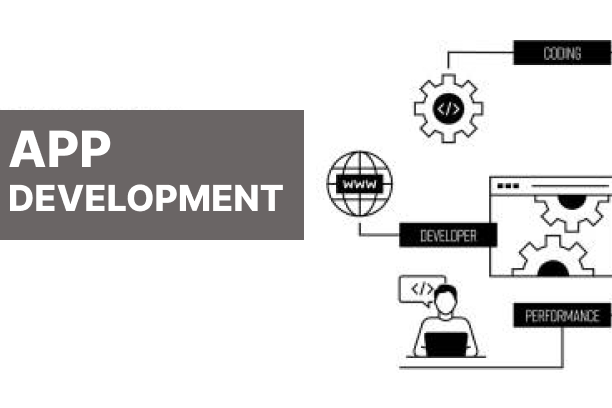How Long Will It Take to Learn Data Analysis?
Are you interested in diving into the world of data analysis but unsure of how long it will take to learn the necessary skills? Look no further. In this article, we will explore the timeline of learning data analysis and provide you with valuable insights to set realistic expectations for your journey. Data analysis is a highly sought-after skill in today's data-driven world. Whether you're a beginner or an experienced professional, understanding the time commitment required to learn data analysis is essential.
While there is no definitive answer as to how long it will take, some factors can influence your learning speed. Your prior knowledge of statistics, programming languages, and mathematical concepts can significantly impact your learning curve. Additionally, the availability of resources and learning platforms you choose can also affect your progress. By the end of this article, you will have a clearer picture of the time required to master data analysis and how to maximize your learning potential. So, let’s get started on your data analysis journey!
Importance of Data Analysis in Various Industries
Data analysis plays a critical role in a wide range of industries. In today's digital age, businesses and organizations rely on data to make informed decisions. Whether it’s in healthcare, finance, marketing, or technology, data analysis helps professionals extract valuable insights from raw data. The ability to interpret data is vital in understanding trends, predicting future outcomes, and solving problems.
Industries such as healthcare use data analysis to improve patient care and optimize medical processes, while financial institutions rely on data analysts to assess risk and develop financial models. In marketing, data analysis is essential for customer segmentation and targeting, while in technology, it drives innovations in artificial intelligence (AI) and machine learning (ML).
Given its growing importance, acquiring data analysis skills can open doors to lucrative career opportunities in various fields. Now, let’s look at the essential skills required for data analysis.
Skills Required for Data Analysis
- Statistics and Probability: A strong foundation in statistics is crucial for understanding data trends, distributions, and patterns. Concepts such as correlation, variance, and hypothesis testing are essential.
- Programming Languages: Knowledge of programming languages like Python and R is critical for data manipulation and performing complex analyses. These languages offer a wide range of libraries and tools for data handling.
- Data Visualization: Being able to present data insights visually is important for communicating findings effectively. Tools like Tableau, Power BI, and Matplotlib are commonly used for data visualization.
- Database Management: Data analysts must understand how to manage and query databases. Familiarity with SQL (Structured Query Language) is essential for retrieving data from relational databases.
- Machine Learning: While not mandatory for entry-level data analysts, machine learning concepts can give you an edge. Algorithms like decision trees, regression analysis, and clustering are key for predictive analysis.
- Critical Thinking: Beyond technical skills, critical thinking is necessary for interpreting data accurately. You need to understand the context of the data and what it’s truly representing.
Time Required to Learn Data Analysis
The time it takes to learn data analysis depends on your background, commitment, and the resources you use. Typically, here’s a general estimate based on different learning paths:
- Beginner Level (3 to 6 months): If you're starting from scratch with little or no experience in programming or statistics, it may take you about 3 to 6 months to learn the basics of data analysis. During this time, you'll focus on foundational skills such as basic statistics, introductory Python or R programming, and data visualization techniques.
- Intermediate Level (6 to 12 months): For individuals with some experience in related fields like computer science, math, or business, it could take 6 to 12 months to reach a higher level of proficiency. You'll dive deeper into machine learning concepts, database management, and advanced data manipulation techniques.
- Advanced Level (12 months and beyond): Achieving mastery in data analysis, where you can work on complex projects and lead data-driven strategies, typically takes over a year. This includes building proficiency in handling large datasets, performing predictive analysis, and developing advanced visualizations.
Learning data analysis is a continuous journey. The more time you invest in practicing real-world projects, the faster you’ll improve.
Factors That Influence the Learning Duration
- Prior Knowledge: Your familiarity with programming languages like Python, R, or SQL, along with your understanding of mathematical and statistical concepts, can either speed up or slow down your learning process.
- Time Commitment: How many hours you dedicate daily or weekly to learning will directly impact your timeline. A consistent learning schedule of at least 10-15 hours per week can help you make significant progress.
- Learning Resources: The quality and type of learning resources you use can affect your speed. Comprehensive, structured courses with hands-on projects tend to yield faster results.
- Motivation and Discipline: Staying motivated and disciplined is essential. Data analysis can sometimes be complex and challenging, so keeping your end goal in sight is crucial for staying on track.
Different Learning Resources for Data Analysis
- DCH Academy: For those in Abuja or Karu and its axis, DCH Academy offers specialized data analysis programs that provide hands-on learning with industry-standard tools and projects. Their structured curriculum ensures you gain all the essential skills required for a successful career in data analysis e.g. Excel, Power BI, SQL, R, Python, and more.
- Online Courses: Websites like Coursera, edX, and Udemy offer courses on data analysis that cater to both beginners and advanced learners. These platforms provide structured learning paths with quizzes and projects.
- Books: Books like “Python for Data Analysis” by Wes McKinney or “Data Science from Scratch” by Joel Grus are excellent resources for those who prefer self-paced learning.
- YouTube Tutorials: YouTube has countless free tutorials on data analysis, making it a great starting point for beginners. Channels like Data School and Corey Schafer are helpful for learning Python and Pandas.
- Bootcamps: Intensive bootcamps like those offered by General Assembly or Springboard are great for individuals looking to fast-track their learning.
Structured Learning Programs for Data Analysis
Enrolling in a structured learning program is one of the most efficient ways to learn data analysis. A well-designed program offers a clear roadmap for learning, guidance from instructors, and practical projects. Many structured programs also include job placement assistance, making it easier to transition into the workforce.
When selecting a program, consider factors like course content, duration, level of support, and whether the program offers a certificate upon completion. Some top-rated online platforms include:
- Coursera’s Data Science Specialization: A comprehensive program that covers data science and analysis, including Python, statistics, and machine learning.
- DCH Academy: As mentioned earlier, this academy provides personalized instruction, hands-on projects, and a real-world approach to learning data analysis in Abuja.
Practical Exercises and Projects to Improve Data Analysis Skills
Learning data analysis requires more than just theoretical knowledge—you need to apply what you’ve learned to real-world data. Some practical exercises you can do include:
- Kaggle Competitions: Kaggle offers datasets and competitions where you can practice your data analysis skills on real-world problems.
- Personal Projects: Take up a personal project related to a topic of interest. Whether it’s analyzing a dataset on climate change or customer reviews, working on a real project will solidify your skills.
- Freelance Work: As you improve, consider taking freelance gigs that involve data analysis. This will not only help you practice but also give you experience working with clients.

